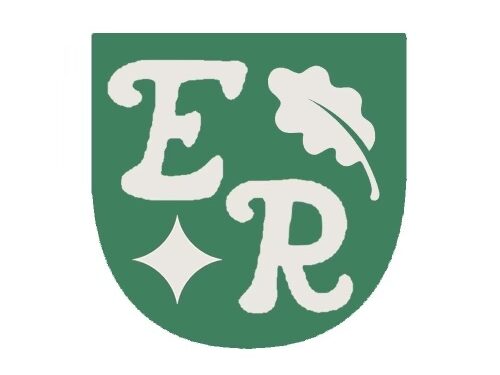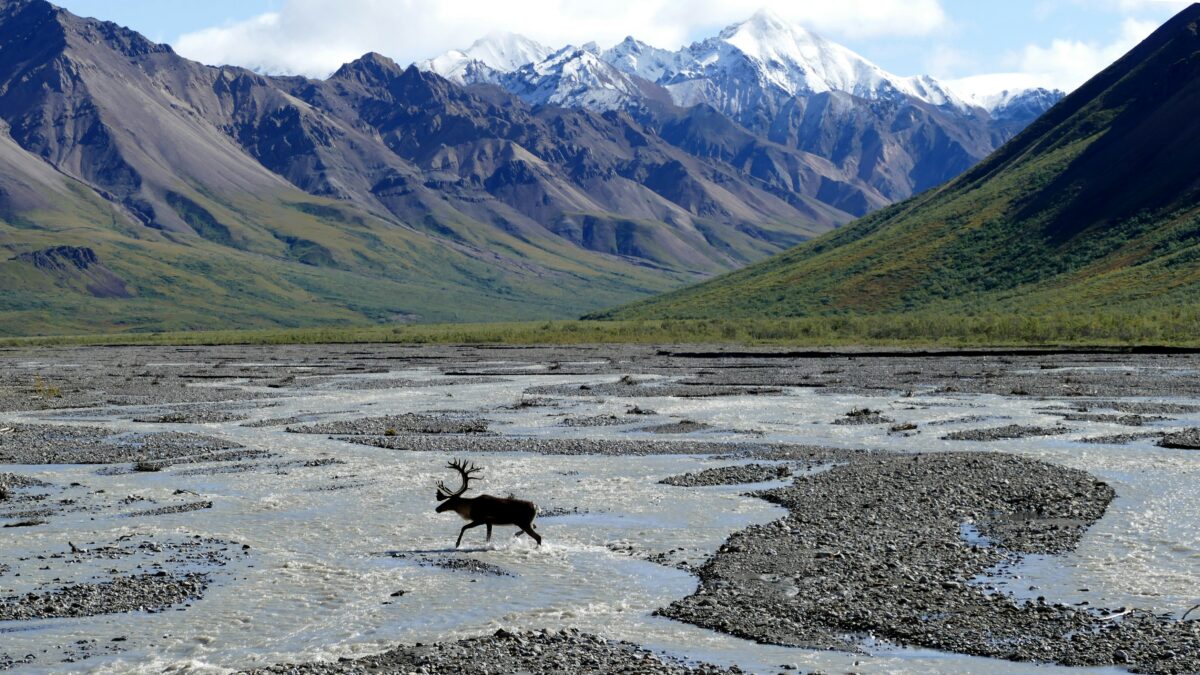On January 20th 2021, President Joe Biden issued a temporary moratorium on oil drilling in the Arctic National Wildlife Refuge, one of the last places untouched by development on Earth.
The Arctic Refuge is a wildlife refuge in northeastern Alaska that is home to a wide variety of species, such as polar bears, Porcupine caribou, musk oxen, and arctic foxes. The land is also home to the Indigenous Gwich’in people, who have lived in the region since long before the existence of the United States or Canada. The land and its inhabitants were threatened when former President Donald Trump issued leases on the land that opened it to oil drilling in 2017.
These nine ten-year leases for oil drilling were initially proposed in 2017 but were not released to the public until Trump’s last day in office. It is because of this that the leases did not go into effect before Biden issued the moratorium. Trump’s plan would have opened the northernmost section of the refuge, known as the coastal plain, to drilling. This would have allowed drilling on roughly 685 square miles of land, which is 8 percent of the refuge.
The Arctic Refuge would not survive the drilling. The land is impacted by the warming climate, as the Arctic is warming at rates higher than anywhere else on Earth, and an increase in oil production would only cause more destruction. The change to the environment, and the increase in noise and pollution, would also disrupt the migration and denning patterns of animals such as polar bears and caribou. Caribou populations would be impacted by drilling development, particularly in calving areas, due to greater exposure to predators and a decrease in quality forage.
The impacts on wildlife would directly affect the indigenous people of the refuge as well. The Gwich’in, the northernmost Indian Nation comprised of fifteen villages, rely on the Porcupine Caribou Herd, one of the largest migratory barren ground caribou herds found in North America. Neets’aii Gwich’in leader Sarah James stated that “We are caribou people. Caribou are not just what we eat; they are who we are. They are in our stories and songs and the way we see the world. Caribou are our life. Without caribou we wouldn’t exist.”
The Gwich’in Steering Committee, as well as several other environmental groups, filed lawsuits against the Trump administration over the plan. The lawsuits argued that the Bureau of Land Management’s environmental review process did not abide by the many laws meant to protect the land. The committee’s executive director Bernadette Demientieff stated that “We are not asking for anything but the ability to continue to live and thrive off the land that has sustained us for thousands and thousands of years.”
Biden issued a moratorium on his first day in office, citing “alleged legal deficiencies” in the lease program. He has directed the Department of the Interior to review the program and analyze its potential environmental impacts, as he stated in his executive order that the program was inadequate in “the environmental review required by the National Environmental Policy Act.” Many drilling opponents are hopeful that this is a step towards establishing permanent protections on the refuge, which Biden called for during his presidential campaign.
Despite the environmental benefits of protecting the refuge, Biden’s actions incited anger in those committed to the financial gains oil drilling would yield. Alaska’s Republican congressional delegation is in support of the leases, believing that they are important for the state’s future. Alaska’s Governor Mike Dunleavy criticized Biden on his decision. Dunleavy stated that he is “prepared to use every resource available to fight for Alaskans’ right to have a job, and have a future by taking advantage of every opportunity available to us.” He also argued that Alaska “does responsible oil and gas development in the Arctic better than anyone,” and that Biden’s oil ban puts the state’s economic future at risk.
Despite the push-back Biden has received, he continues to stand by his claims to protect the refuge, and has even agreed to “safeguard” caribou calving grounds within the refuge along with Canadian Prime Minister Justin Trudeau. Biden’s continued backing of his claims to protect Alaska offers hope that the refuge’s ecosystem and indigenous people will be able to continue to thrive.
Sources:
“About the Gwich’in.” Gwich’in Steering Committee, 19 Dec. 2012, ourarcticrefuge.org/about-the-gwichin/.
“About the Herd.” The Herd | Porcupine Caribou Management Board, http://www.pcmb.ca/herd.
Bohrer, Becky. “Biden Plans Temporary Halt of Oil Activity in Arctic Refuge.” Associated Press News, apnews.com/article/joe-biden-us-news-alaska-wildlife-arctic-cdd89af06cb892e042782ace3abca8eb.
Hanlon, Tegan, et al. “Biden Immediately Slams the Brakes on Oil Drilling in Arctic Refuge.” Alaska Public Media, 25 Jan. 2021, http://www.alaskapublic.org/2021/01/20/biden-to-immediately-slam-the-brakes-on-oil-leasing-in-arctic-refuge/.
Hanlon, Tegan, et al. “’We Will Give You One Heck of a Fight’: Lawsuits Filed against Oil Drilling Plan for Alaska’s Arctic Refuge.” Alaska Public Media, 28 Aug. 2020, http://www.alaskapublic.org/2020/08/24/we-will-give-you-one-heck-of-a-fight-lawsuits-filed-against-oil-drilling-plan-for-alaskas-arctic-refuge/.
Jonassen, Trine. “Biden Halts Arctic Refuge Oil Program.” High North News, 22 Jan. 2021, http://www.highnorthnews.com/en/biden-halts-arctic-refuge-oil-program#:~:text=US%20President%20Joe%20Biden%20took,activities%20on%20its%20coastal%20plain.
“Oil Drilling: Arctic National Wildlife Refuge.” The Wilderness Society, http://www.wilderness.org/wild-places/alaska/oil-drilling-arctic-national-wildlife-refuge.
Cornwall, Warren. Nov. 21, 2017. “Drilling in Arctic Refuge Could Put North America’s Largest Caribou Herd at Risk.” Science, 8 Dec. 2017, http://www.sciencemag.org/news/2017/11/drilling-arctic-refuge-could-put-north-america-s-largest-caribou-herd-risk.

